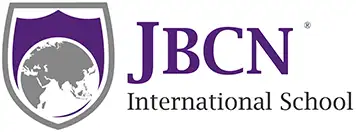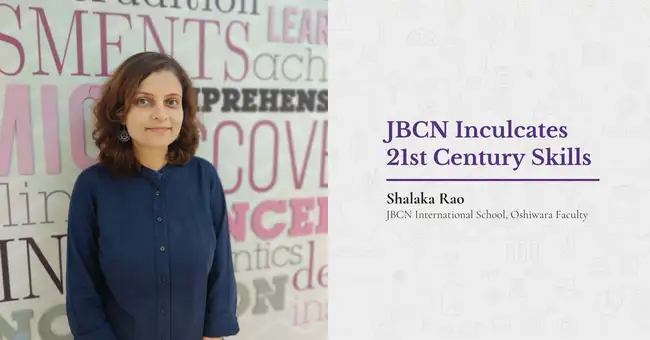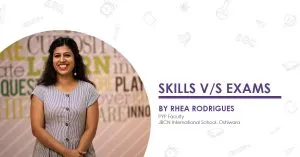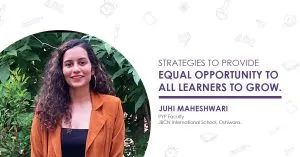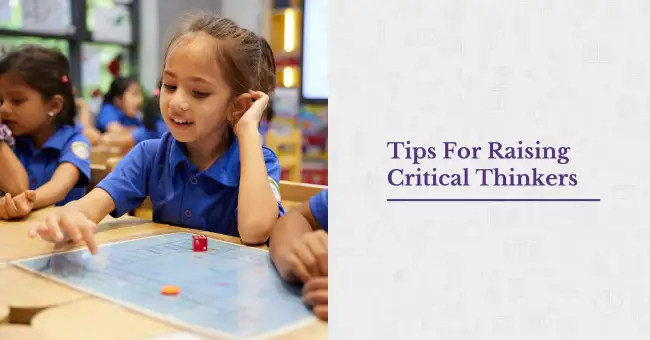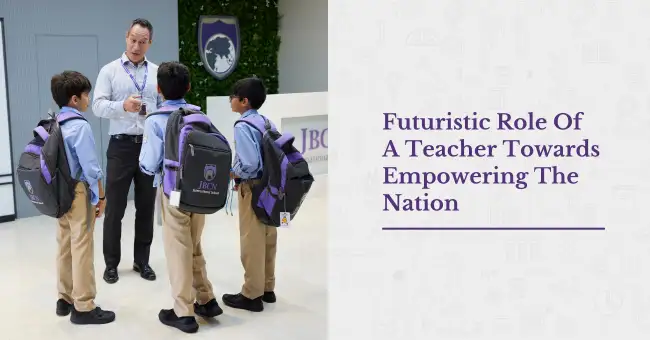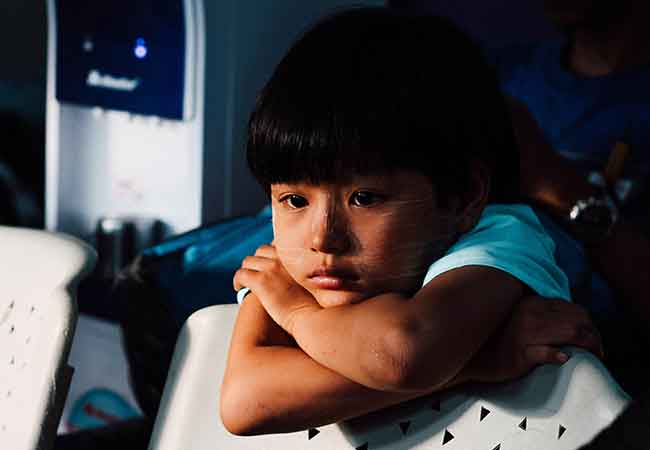
I would want you to ponder over a few questions that relate to education, the market(industry) and successful life.
When we say we are preparing our learners for the future, do we really have an idea what their future would be 30 years down the line? Can we predict what job options they would be staring at once they finish their education? Can we pass over the same mindset that got us here? And lastly, are we preparing them for the unknown?
If answers for any of the questions above seem to be a “NO”, you may want to continue reading!
Skills and attitudes are a constant overlap. If you ask me, I would say “Attitude in itself is a Skill”.
Like they say if you have the right attitude, skills can be learned! Which then means that “Attitude is a skill that helps you learn other Skills”
As knowledge and pattern-seeking animals, we have a tendency to move towards reasoning, intuition, logic, sense perception and many such ways of knowing. Critical thinking is one such skill that’s a fine conglomerate of a range of many attributes put together.
What Is Critical Thinking?
Critical thinking is the ability to:- Develop a healthy scepticism towards any information presented as fact.
- Apply reasoning and logic to new and unfamiliar ideas, opinions and situations.
- See things in an open-minded way and examine an idea or concept from as many varied perspectives as possible, understanding and respecting other opinions.
How To Build Critical Thinking Skills?
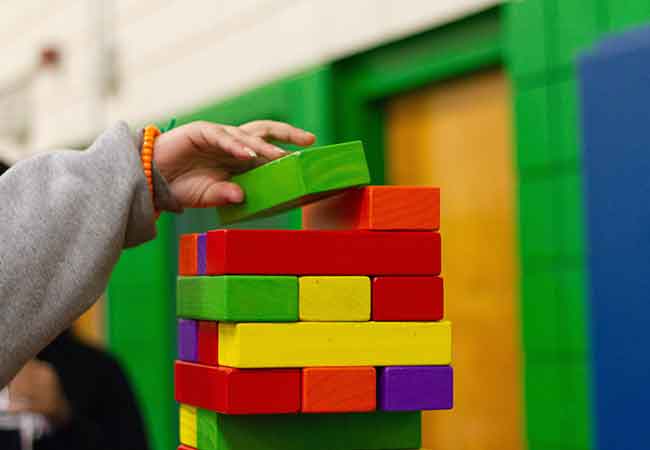
Having the ability to differentiate between facts and perceptions or truths and opinions is important to develop critical thinking skills.
Critical thinking is not only about thinking analytically but also thinking differently.
The following are the areas that come under the academic purview, which help to develop Critical thinking skills.
Assessments:
Assessments are classified under two heads: Formative & SummativeFormative assessments are Assessments for Learning- Formative assessments are qualitative tools that help teachers understand student progress. This is where critical thinking is fostered the most. Formatives are not to assess the scoring capability. They are to help the teacher gauge conceptual understanding acquired by learner/s.
Any assignment that involves research, communication, creativity, complex problem solving and generation as well as debate of an argument will help foster critical thinking skills.
Summative assessments are Assessments of Learning- The more formal assessments which involve quantification of the skills acquired. They are important to get a more holistic sense of achievement with respects to concepts being taught. Every Summative assessment must be supported by many smaller formatives to make critical thinking more effective.
Classroom Environment:
The more creative, interesting and expressive the classroom environment, the better is the learning.Most of the time learners are expected to respond to a question at that instant, this thus eliminates learners who have a more logical and conscious approach towards responding to a question. There is always going to be a rush to finish the syllabus due to various reasons. This extra minute that you allow for the learners to think will go a long way in building their confidence and in turn the competence in the class.
Positive constructive feedback goes a long way in building up the morale of the learner. The more the learners connect with you the more they will go the distance.
Model United Nations
Model UN or Mock UN has been on a rise over the last 10 years and has made its presence felt overall categories of schools. A MUN builds most skills that a 21stcentury being would aspire for. It is a forum, where you as a delegate of a country will keep the countries perspective in the committee either in the flow or against the discussion of Topic in a debate. It is quite a challenging yet enriching experience. Imagine you are the delegate of a country that you hate the most or has cultural beliefs other than the one you follow.You can’t talk on the negative as you are now the representative of that country. How well you adapt to the scenario and the questions without bringing your personal bias is what calls for Critical Thinking!
Competitions
Whether it is a Science fair or Sports fest or Inter school event, competitions bring the best of our attributes on display. Each event needs a preparation based on its dynamics but the attitude must always remain to compete with a positive spirit. Whether it is the execution of the idea for Science fair or to set up a strategy in a lost game, critical thinking is always on the cards.Till the time the attitude is set right, Altitude would not matter!
Critical Thinking And The IBDP
The International Baccalaureate Diploma Program is a two-year rigorous program that prepares learners for University and beyond. While the learner engages himself/herself in the curricula, learning, Service and other components, critical thinking is one aspect that runs through all components of learning that they come across.The level of these skills are staggered across what I call the Learners Pyramid
The 10 learner profile attributes forms the base of the pyramid which looks at the basic critical thinking skills that would be acquired through the program.
Right at the centre of the Pyramid is ATL (Approaches to Teaching and Learning) which focuses on Research, Creative Thinking, Self-management, and Communication which form the centre of their academic achievement and progress.
At the Pinnacle is the highest order of Critical thinking which caters to higher order(second order) knowledge questions which are the part of their Theory of Knowledge (TOK) course.
Learners Pyramid thus ensures a stepwise and streamlined approach to develop Critical thinking skills in learners over the two years of the IBDP program.
The problem is that we have lived a defined life and therefore Change comes as a surprise. The more we adapt to this change the more successes we can define!
The idea has always been to develop a holistic lifelong learner who has an understanding of varied perspectives, for this will be the key element going forward.
The more we move away from our internal bias, the more open and acceptable we will be with respects to the future and the world outside
Remember what we said at the start…..we are still preparing them for the “UNKNOWN”
Written By Mr. Harish Iyer Department Head - Sciences & TOK Coordinator
JBCN International School, Oshiwara
